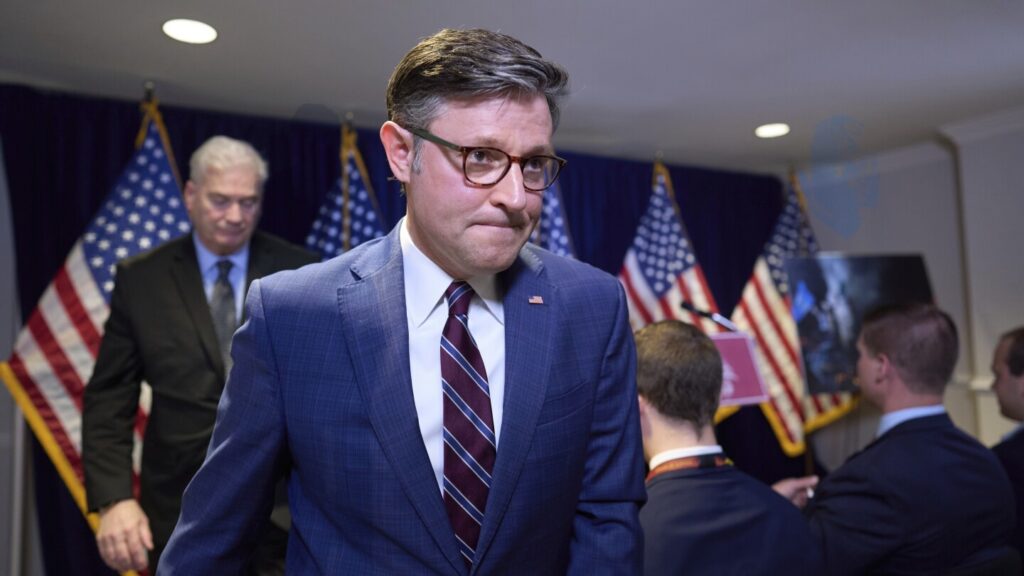President Donald Trump’s military strike on Iran’s nuclear sites, undertaken without full consultation with the U.S. Congress, has sparked controversy due to a partisan approach that favored Republican leaders over Democrats. While top Republican figures were briefed beforehand, their Democratic counterparts were left with minimal information. This lack of transparency raised concerns, with Rep. Jim Himes noting his discovery of the strikes through social media, highlighting the unprecedented nature of the situation.
The fallout from this unilateral action has set the stage for challenging political dynamics for Trump and his party, given the unexpected military incursion into Iran’s nuclear facilities. Congress now faces critical decisions, with Sen. Tim Kaine introducing a war powers resolution to withdraw U.S. armed forces from hostilities against Iran not authorized by Congress. The administration is also anticipating additional national security funding, adding complexity to the unfolding situation.
While the president has the authority to order specific military actions, prolonged wartime engagements typically require congressional authorization. Trump’s decision has divided opinions within Congress and the public, with some supporting the strike while others question its constitutionality and potential implications. The incident underscores the delicate balance between executive and legislative powers, with the need for bipartisan consensus on significant foreign policy matters.

